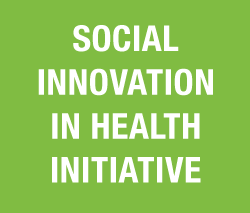Healthy Child Uganda’s MamaToto Approach
A district-led programme that operationalizes the national community health worker strategy to promote quality maternal, new-born, and child health.
CONTINENT
Africa

COUNTRY
Uganda
Location
Mbarara University of Science and Technology, Mbarara , Uganda
Health Focus
Maternal and Child Health
Website
www.healthychilduganda.org
Founding year
2003
Organizational structure
University, Partnership
Actors involved
Non-State and Community, Patients
Programme Focus
Service Delivery, Community Training and Mobilisation
Health System Focus
Human Resources for Health, Governance, Leadership, Information
CHALLENGE
Maternal and child mortality remain very high in Uganda, with 368 maternal deaths per 100,000 live births and 64 child deaths per 1000 live births occurring annually (UBoS 2016). However, most of these deaths can be prevented using proven preventive interventions and early treatment of illnesses (Lancet series on maternal and child health 2004). Due to severe shortage of health workers in Uganda – there is only 1 doctor for every 24,000 people – innovative community-level interventions which provide primary health care, are gaining increasing support in Uganda.
Through the Village Health Team (VHT) strategy in Uganda, community health volunteers (the village health team) serve as a community’s initial point of contact for health, providing public health education, treatment of common illnesses, and promotion of health and wellbeing. Thus, the main emphasis of the MamaToto approach is the operationalization of the VHT strategy, including health system strengthening.


INTERVENTION
The MamaToto approach was developed from 10 years of experience implementing community based maternal and child health programs by Healthy Child Uganda, University of Calgary, the districts Mbarara, Ntungamo, Bushenyi, Rubirizi, and other partners in western Uganda.
MamaToto is a district-led program which operationalizes the Village Health Team (VHT) strategy and includes health system strengthening, to promote quality maternal, new-born and child health (MNCH) practices including antenatal care (ANC), postnatal care (PNC), safe deliveries and proper sanitation in the community. The District leaders develop, implement and monitor their own MNCH priorities in partnership with a network of community health volunteers who conduct home visits, assess and refer patients, provide health education, and mobilize communities to participate in health activities.
The MamaToto approach is uniquely characterized by a seven-step process namely; SCAN, ORIENT, PLAN, EQUIP, TRAIN, ACT AND REFLECT (SOPETAR) with defined key activities at the district, health facility and community level. SCAN involves conducting an inventory of resources, geopolitical organization and policy relevant to planning for an intervention. ORIENT provides for early engagement of stakeholders, transparency and identification of potential champions. PLAN is critical for effective implementation and to ensure alignment and integration at all levels. EQUIPPING ensures that necessary materials, supplies and equipment are acquired and distributed appropriately. TRAIN occurs during the implementation and represents development of skills and capacity for the needs that were identified during PLANNING. ACT involves monitoring, feedback, mentorship and documentation of processes and activities. This stage contributes to sustainable capacity building and involves a lot of interaction with stakeholders at all levels. REFLECT is a participatory opportunity for stakeholders to assess progress of an intervention. The SOPETAR cycle is repeated annually or as required, to meet ongoing needs and maintain impact.
The MamaToto programme operates in 4 districts where there is a network of over 5000 VHTs serving a population of over 1 million people. In Bushenyi and Rubirizi the intervention has reached out to 365,000 people, 60,000 pregnant women, 75,000 children under 5-years, 56 health centres and 859 villages.


